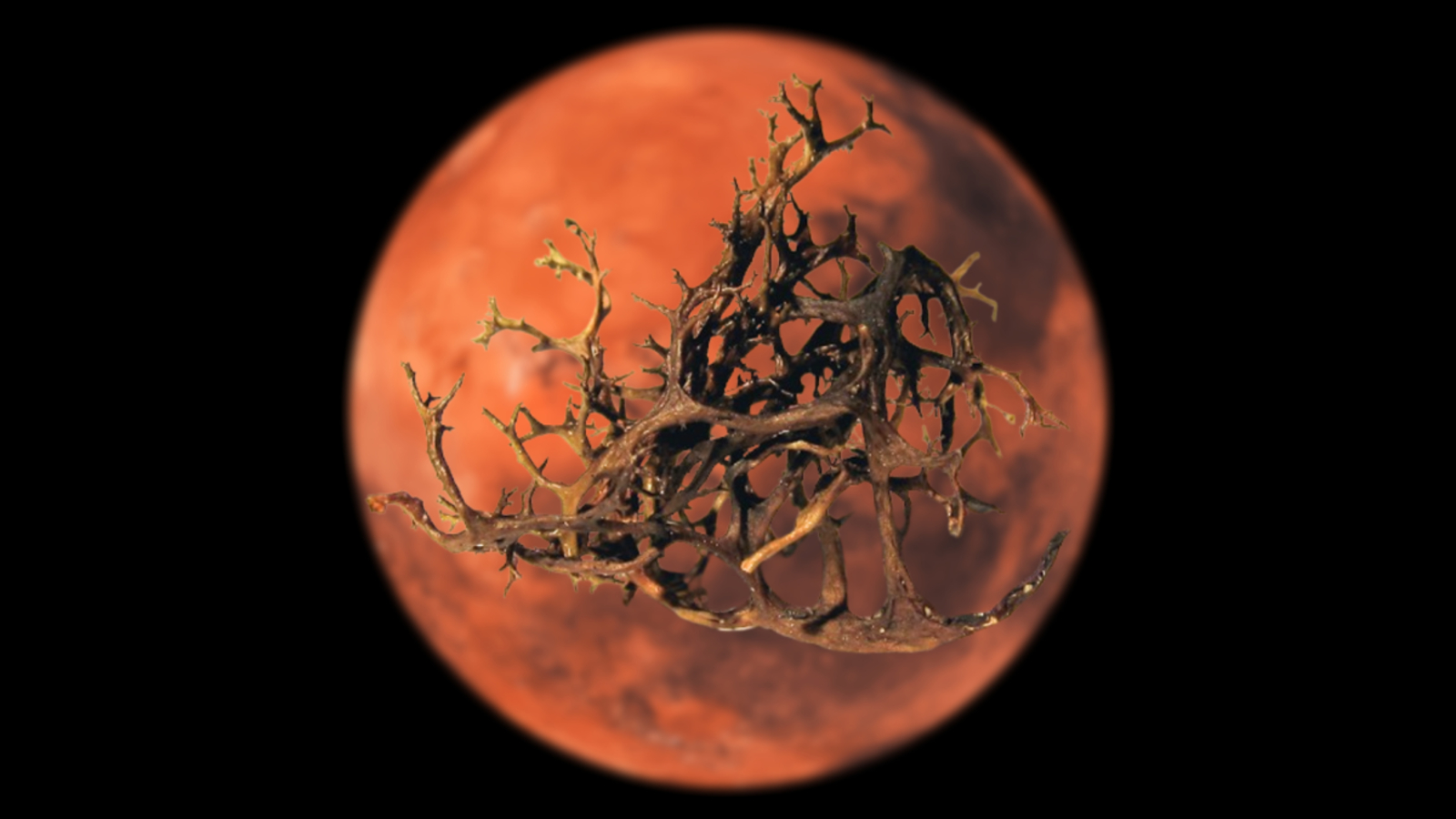Science News: Recent scientific discoveries and expert analysis
Read the latest science news and recent scientific discoveries on Live Science, where we've been reporting on groundbreaking advances for over 20 years. Our expert editors, writers and contributors are ready to guide you through today's most important breakthroughs in science with expert analysis, in-depth explainers and interesting articles, covering everything from space, technology, health, animals, planet Earth, and much more.

Explainers | Everything you need to know about the science news that matters.
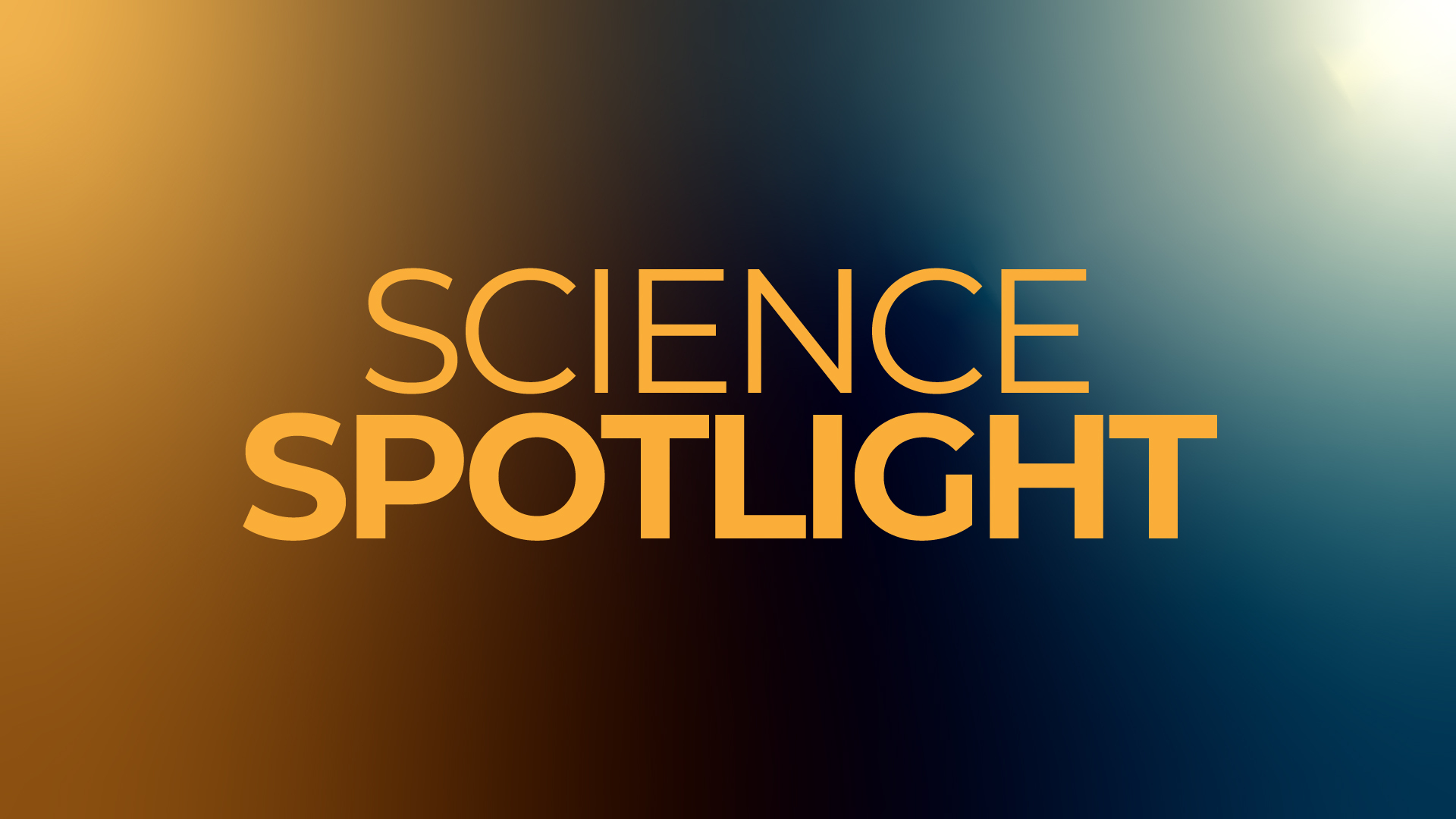
Science Spotlight | Shining a light on new science transforming our world.
Latest news
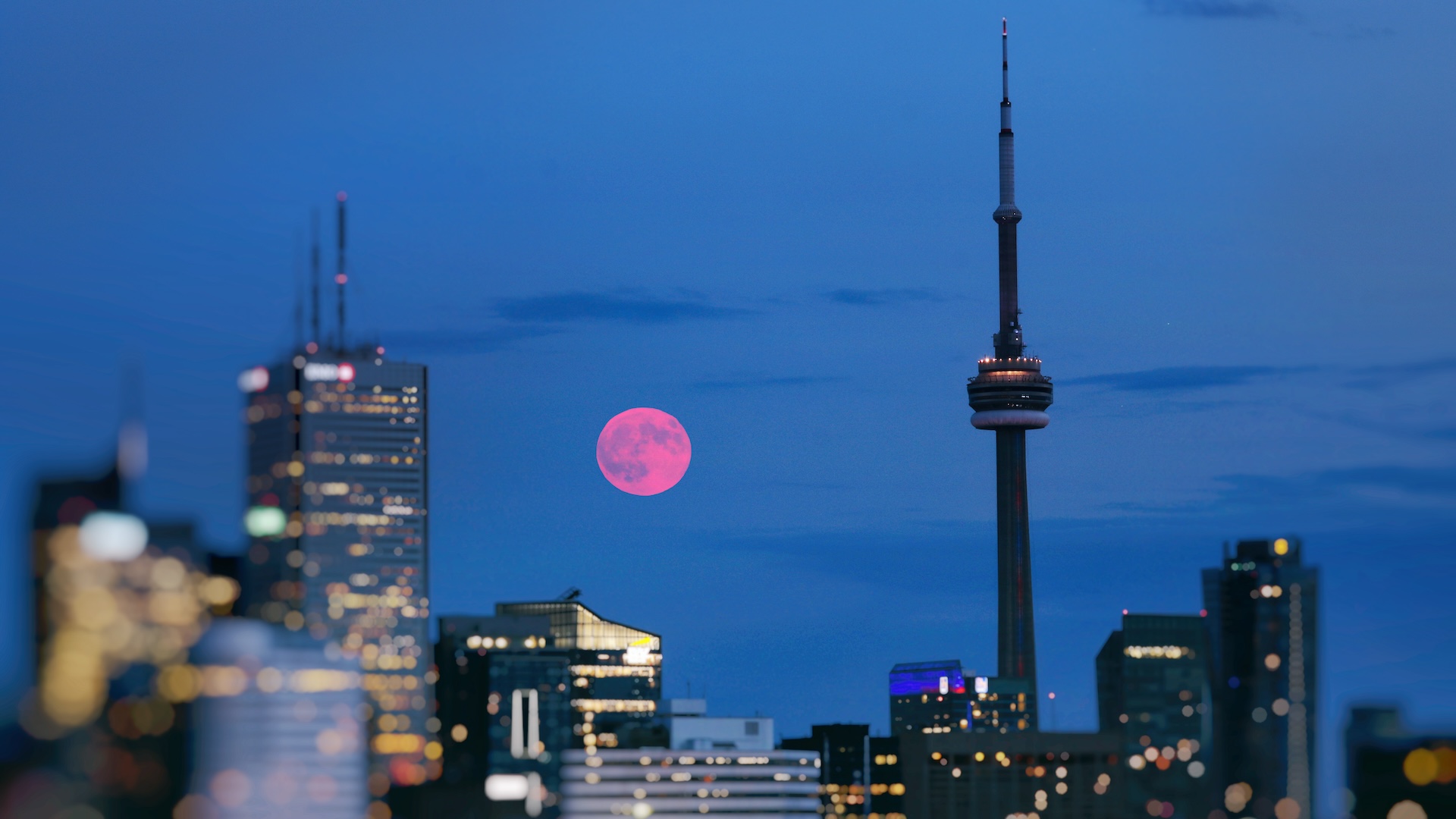
A 'Pink Moon' rises this weekend – here's how to see it, and why it's so special
By Jamie Carter published
Also known as the 'Paschal Moon,' April's full 'Pink Moon' will rise alongside Spica, one of the brightest stars in the night sky, on April 12.

When will the US measles outbreak end?
By Emily Cooke published
A public health official in Texas recently warned that the state's ongoing measles outbreak could last a year. Why are cases expected to keep rising?

The world's largest atom smasher is getting a powerful new upgrade
By Paul Sutter published
Physicists are finalizing plans for MATHUSLA, a powerful new addition to CERN's Large Hadron Collider that will detect long-lived particles and potentially open the door to new physics.
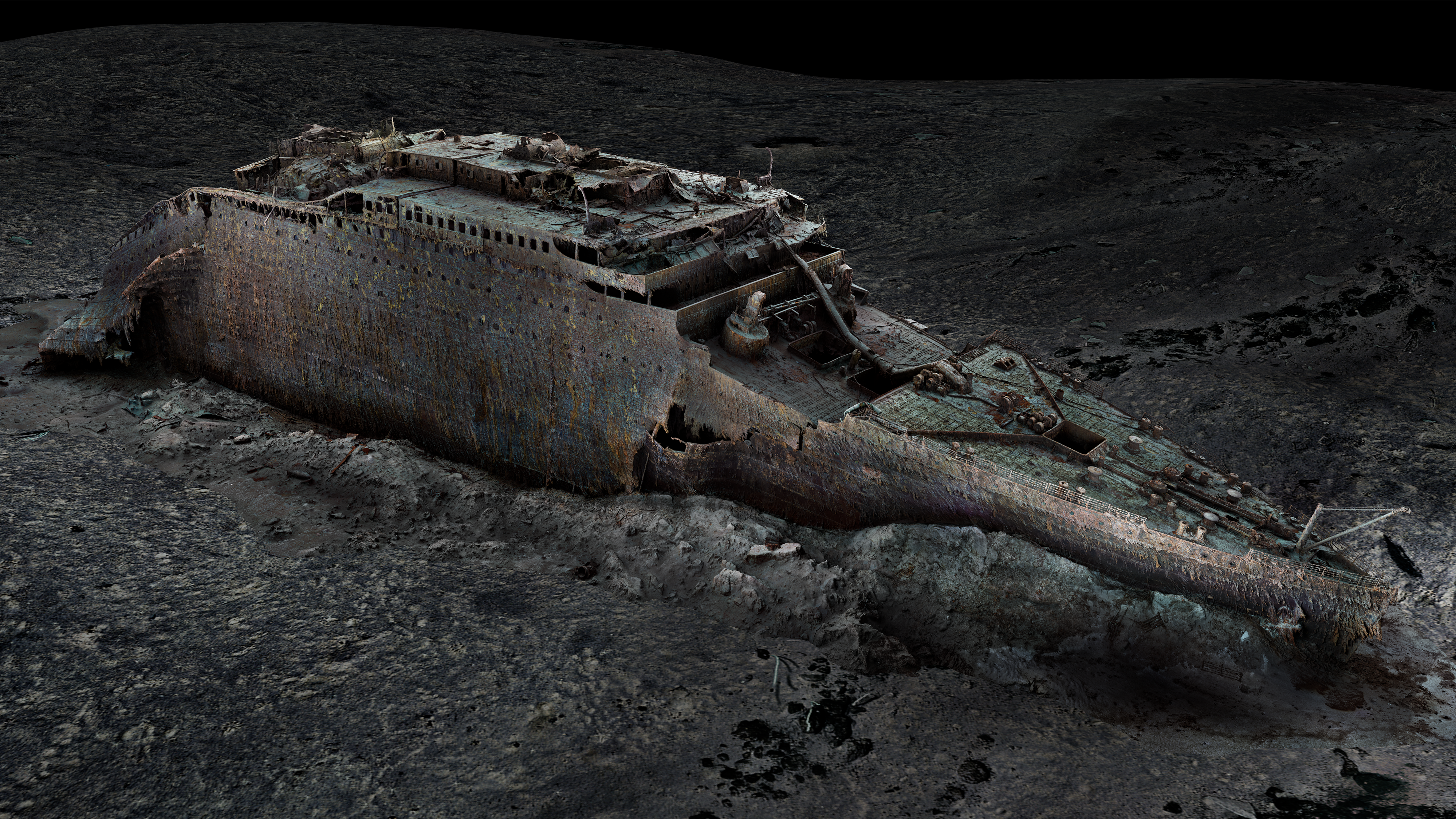
Titanic digital reconstruction sheds light on night ship sank
By Patrick Pester published
A new documentary explores the tragic final night of the RMS Titanic with the most detailed digital reconstruction of the ship ever created.
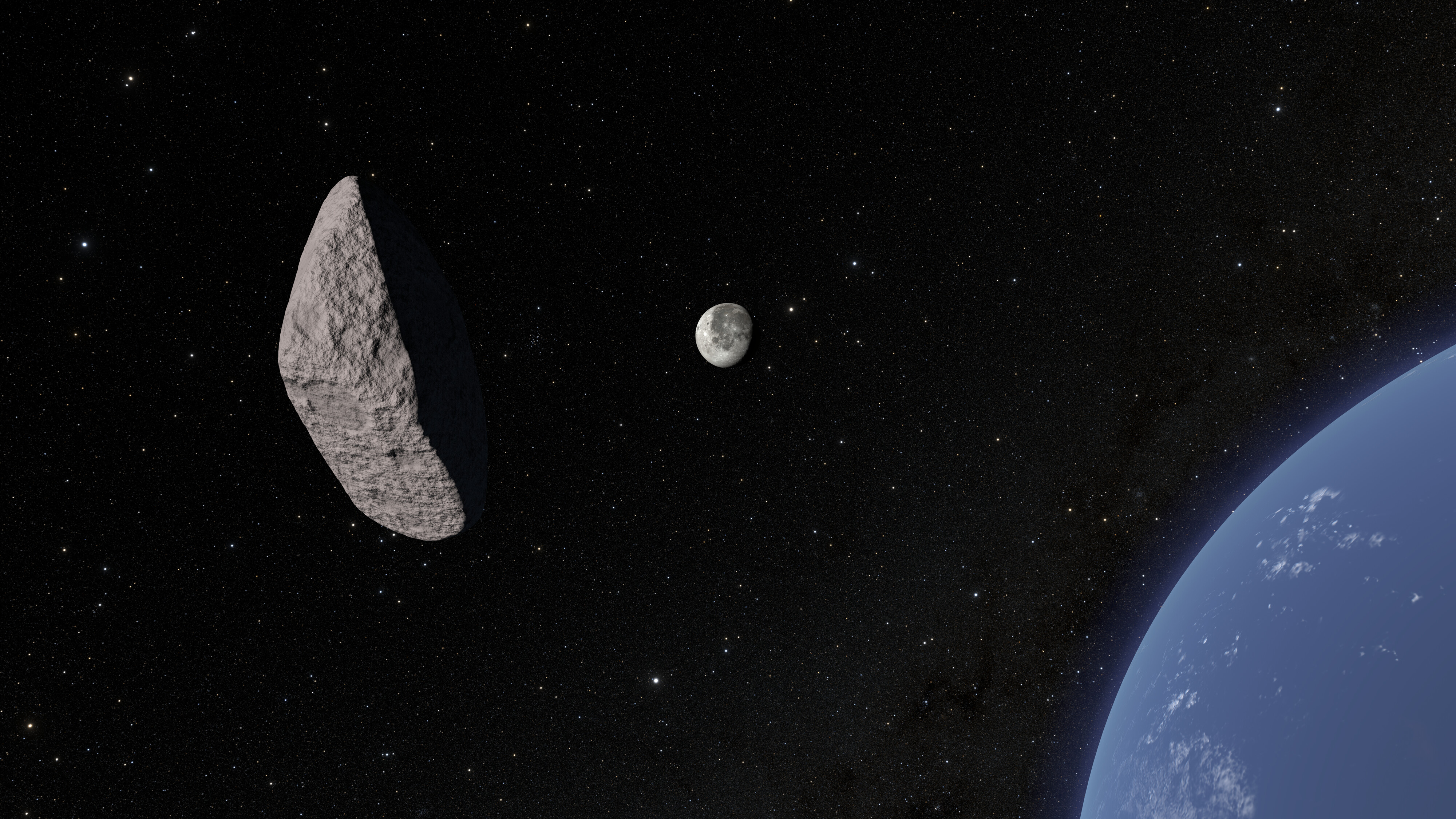
Asteroid 2024 YR4 surprises scientists with 'unusual' shape and could slaphsot the moon
By Patrick Pester published
The once-dubbed "city-killer" asteroid 2024 YR4 has surprised scientists with its 'unusual' shape as it rapidly rotates through space on a trajectory that could see it hit the moon.
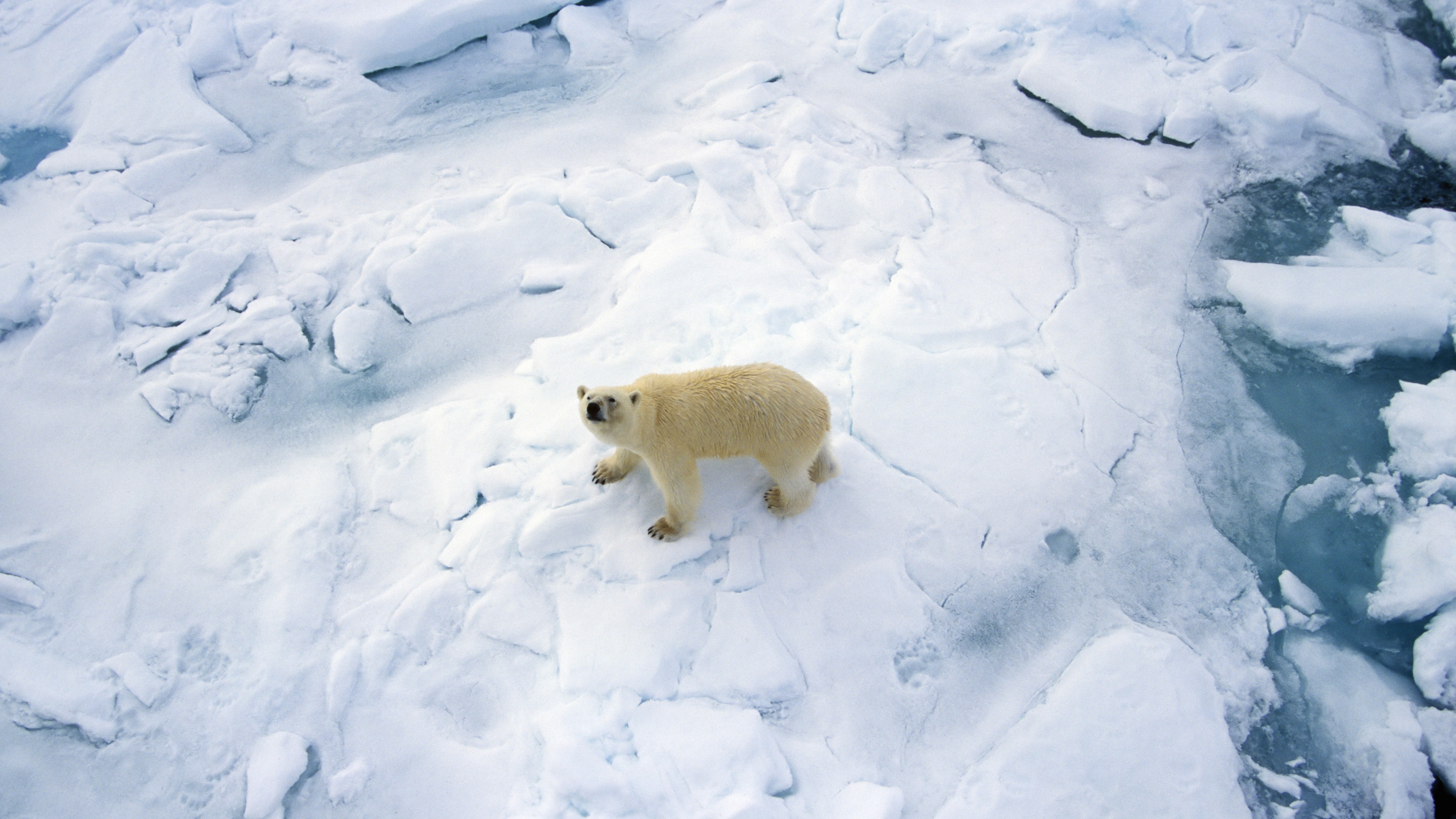
Winter sea ice cover lowest on record
By Patrick Pester published
The Copernicus Climate Change Service has revealed that March 2025 saw the lowest sea ice maximum extent in the 47-year history of the satellite record – the warmest March on record for Europe.
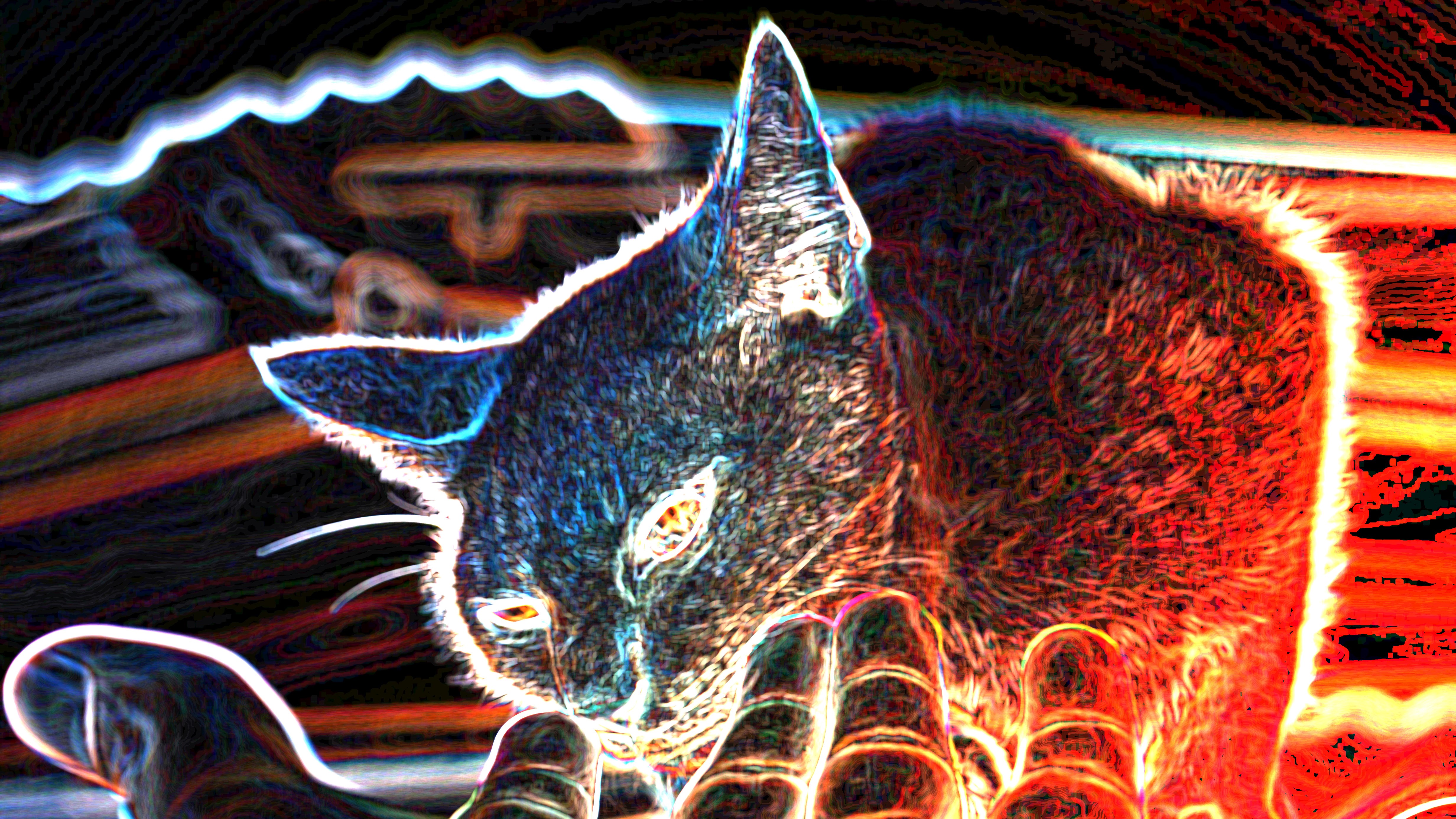
Physicists create hottest Schrödinger's cat ever in quantum breakthrough
By Ben Turner published
Physicists have replicated the famous Schrödinger's cat experiment at hotter temperatures than ever before. The breakthrough is a small but significant step toward quantum computers that can work at normal temperatures.
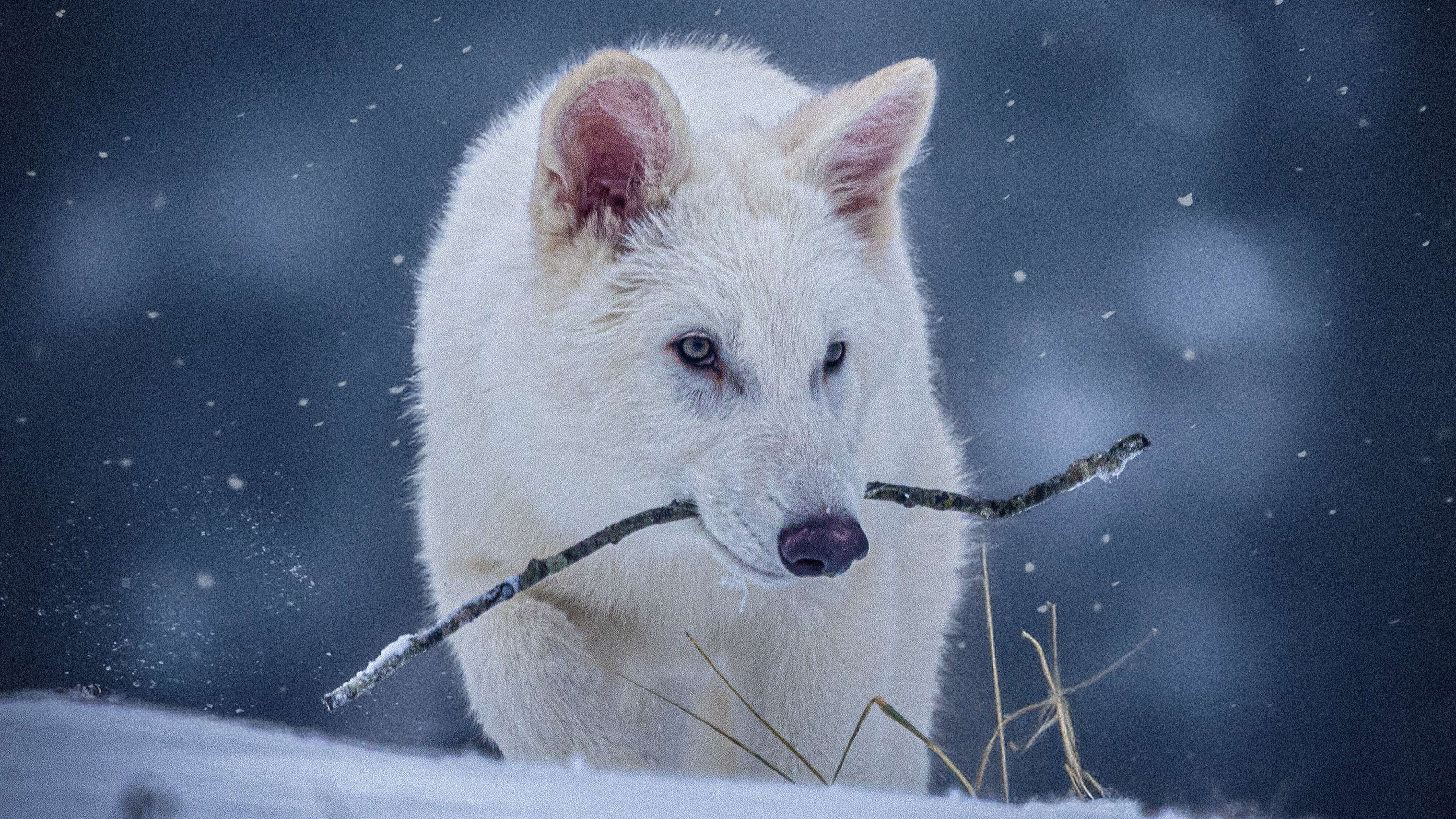
Colossal's de-extincted 'dire wolf' isn't a dire wolf and it has not been de-extincted, experts say
By Sascha Pare published
Scientists recently revealed that they have "brought back" extinct dire wolves thanks to genetic engineering — but experts say the newly created animals are only like dire wolves in appearance.

'Fingerprints of cancer' found after scientists flash infrared light pulses at blood samples
By Emily Cooke published
A new, AI-powered test can detect the molecular "fingerprints" of cancer in a patient's blood using flashes of infrared light.

Quantum computing breakthrough could make 'noise' — forces that disrupt calculations — a thing of the past
By Ben Turner published
Useful quantum networks are hobbled by the problem of decoherence from environmental "noise." But a new breakthrough could change that.
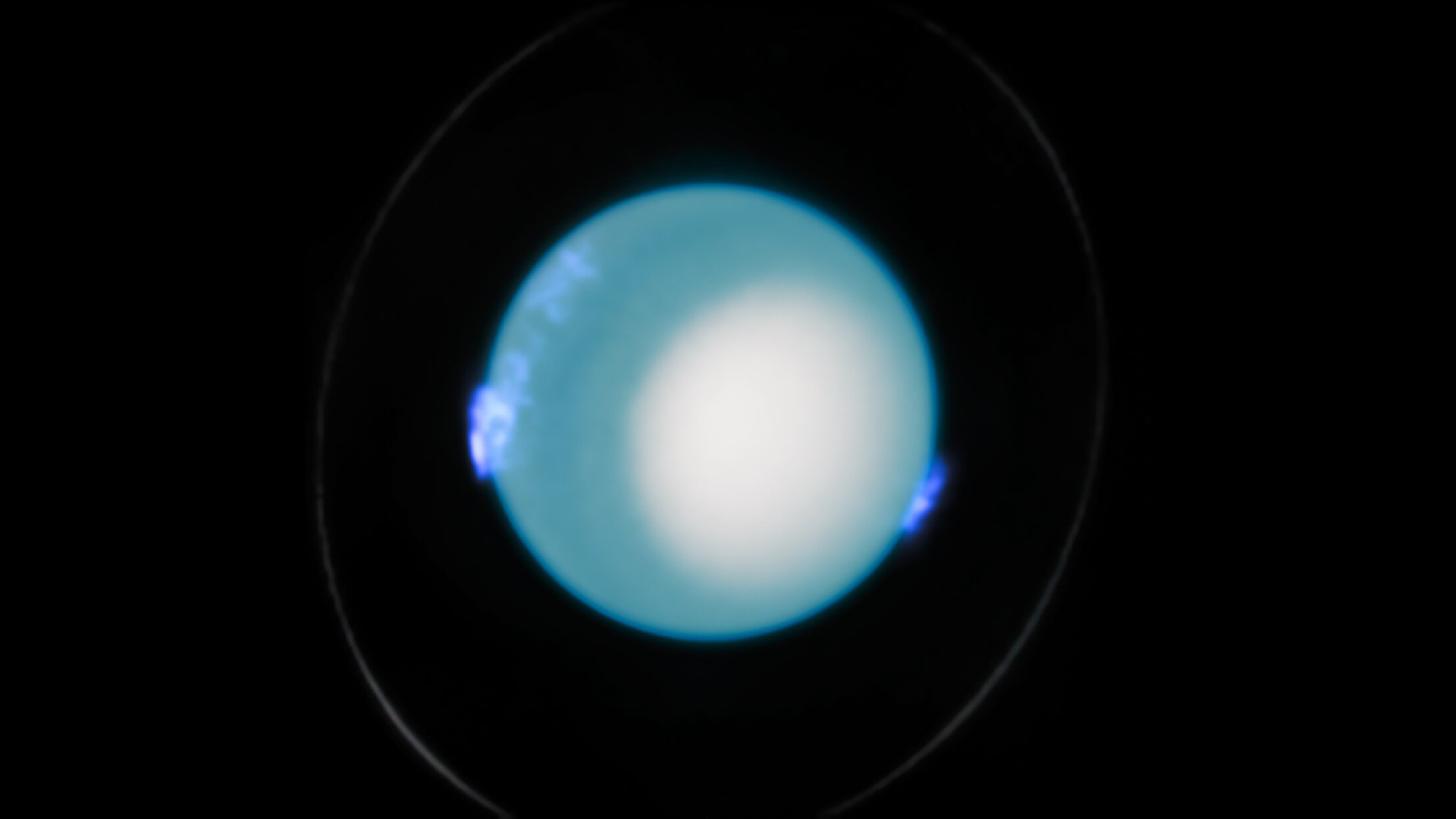
Scientists finally know how long a day on Uranus is
By Skyler Ware published
An 11-year Hubble study has finally revealed how long a day lasts on Uranus.

'Hairy books' were covered in sealskin by medieval monks
By Kristina Killgrove published
A scientific analysis of dozens of 12th- and 13th-century books found in European monasteries reveals they were bound in sealskins procured by Norse traders from as far away as Greenland.
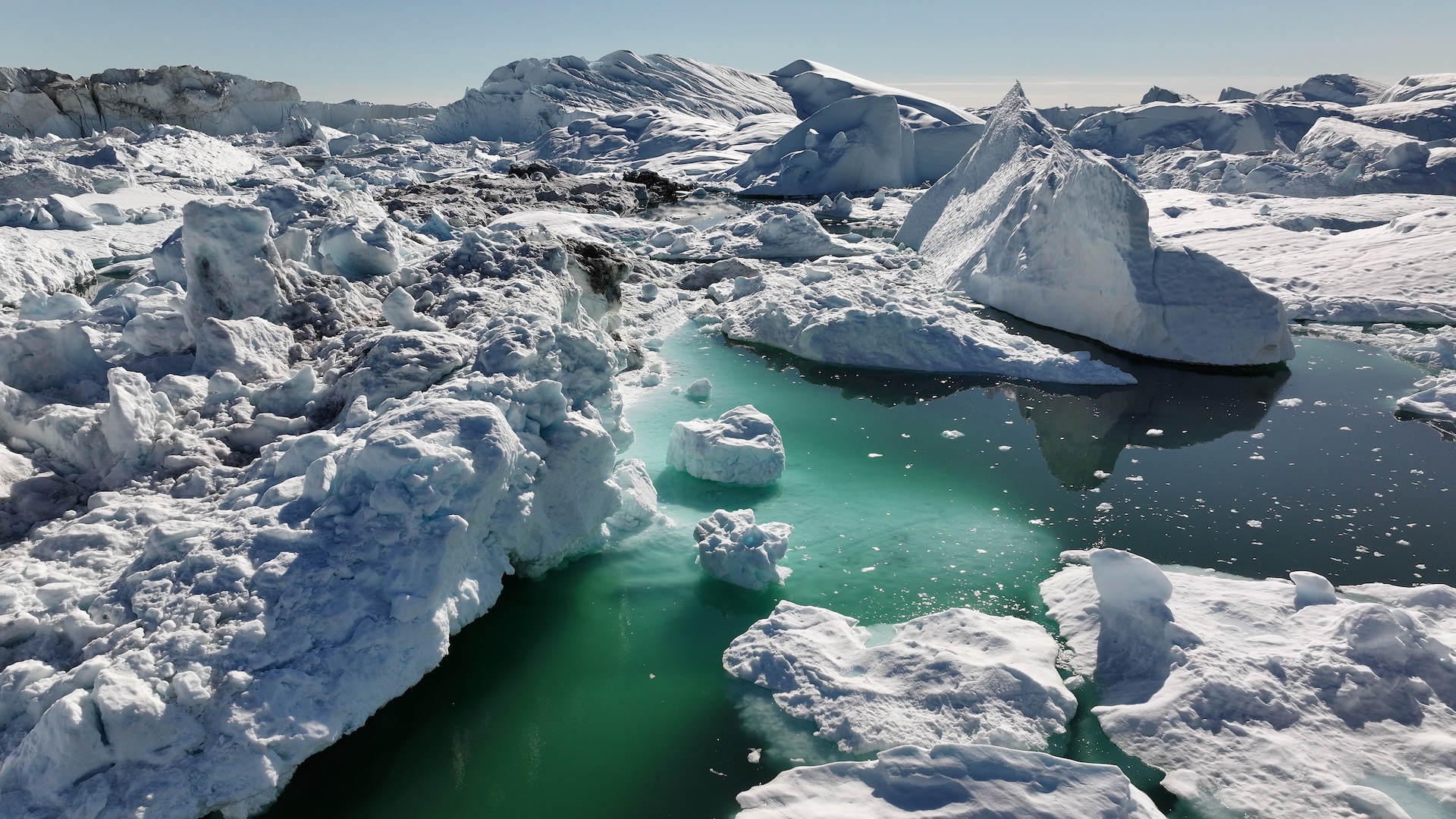
The North Pole could wander nearly 90 feet west by the end of the century
By Skyler Ware published
As climate change melts ice sheets and glaciers, water is being redistributed across the globe — and could end up moving the point of Earth's axis of rotation.
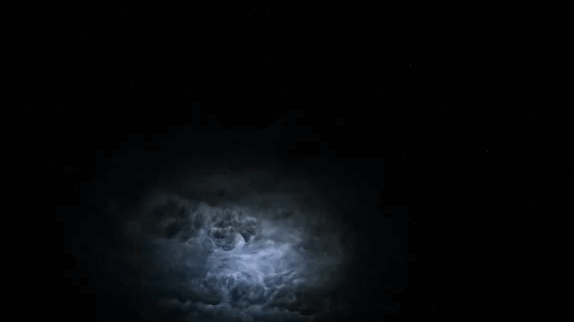
Rare colorful lightning caught on camera by ISS astronaut. 'OK, this is kind of out there'
By Brett Tingley published
NASA astronaut Don Pettit captured breathtaking video of a rare atmospheric phenomenon from his perch high above Earth on the International Space Station.
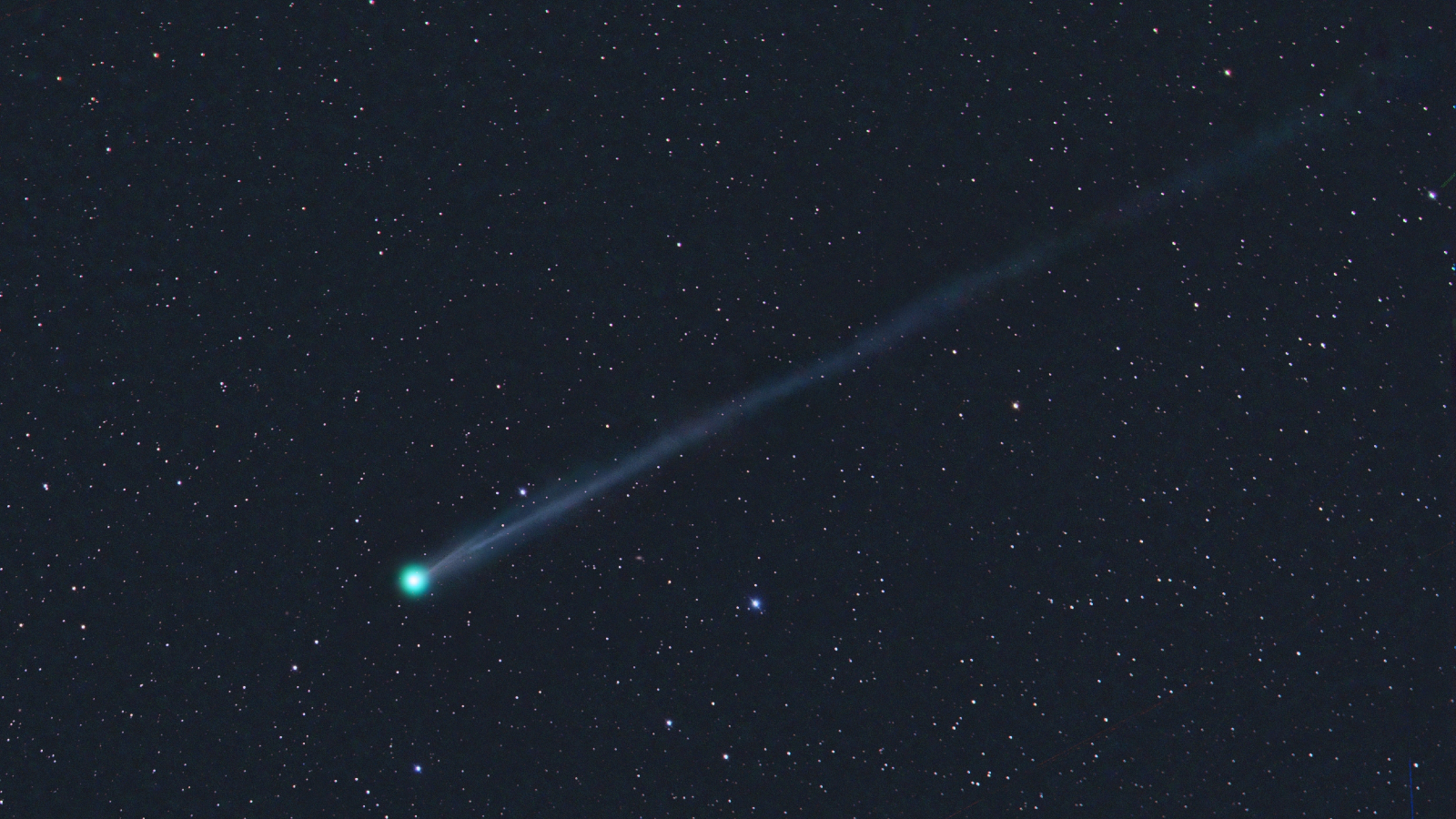
Amateur astronomer discovers bright green comet SWAN25F — and you can see it too
By Harry Baker published
Comet SWAN25F was discovered using photos from the European Space Agency's SOHO spacecraft and can currently be spied using backyard equipment — but it could also become visible to the naked eye in the next few weeks.
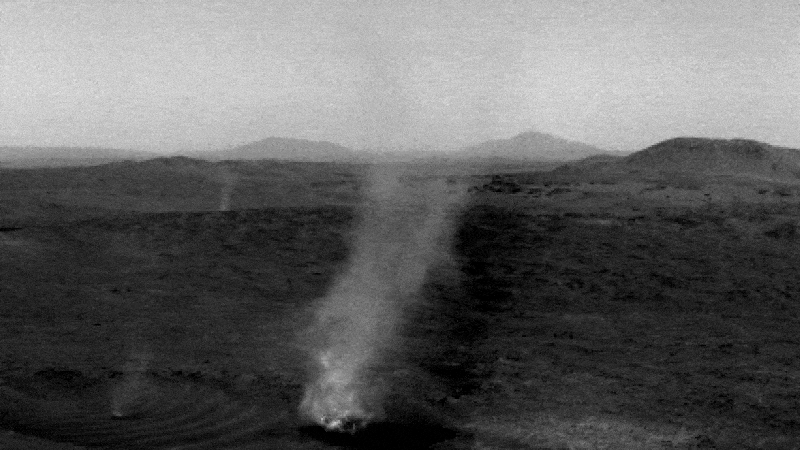
NASA rover watches 'fiendish' Martian 'dust devils' collide in rare case of extraterrestrial cannibalism
By Harry Baker published
Video footage captured by NASA's Perseverance rover shows a small "dust devil" merging with a much larger twister on the surface of Mars.
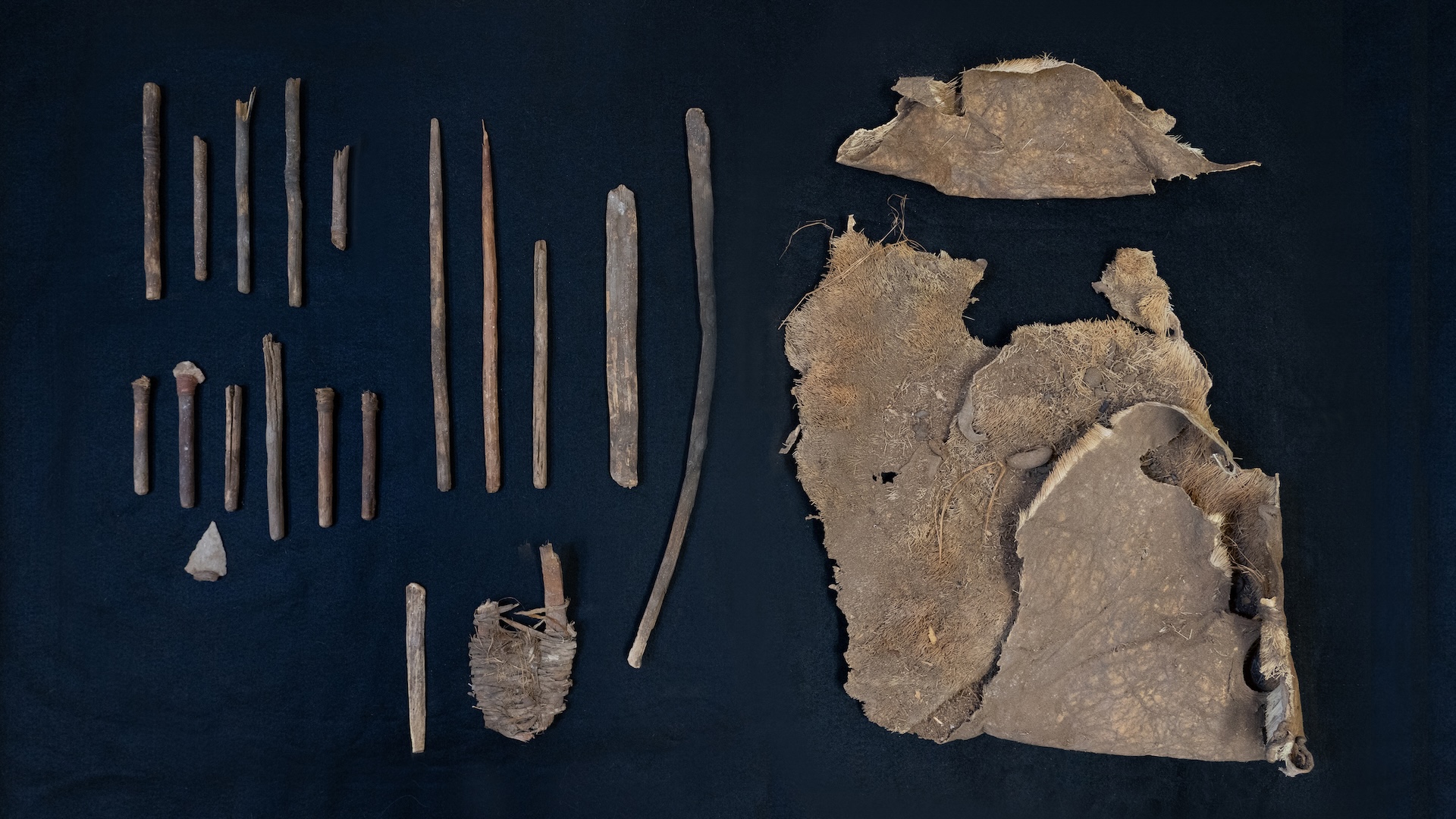
6,500-year-old hunting weapons found in Texas cave are among the oldest known in North America
By Tom Metcalfe published
The weapons from a toolkit unearthed in Texas may be the earliest ever found in North America.
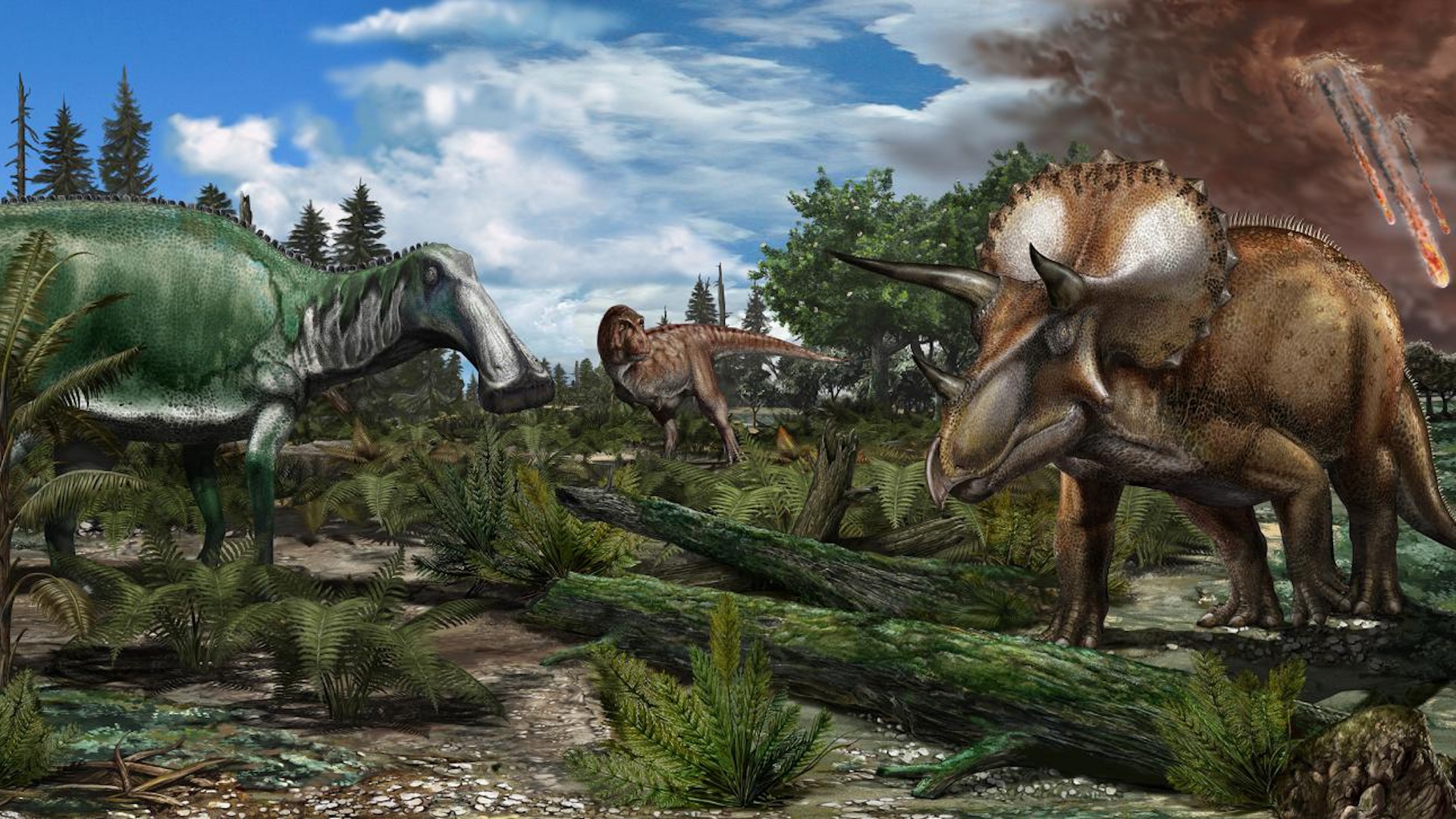
'If it weren't for that asteroid, they might still share this planet': Dinosaurs weren't doomed before the asteroid hit, new study suggests
By Richard Pallardy published
The dinosaurs were not in decline before the asteroid hit, a new study finds. Instead, poor fossilization conditions and unexposed late Cretaceous rock layers mean they're either not preserved or hard to find.
Sign up for the Live Science daily newsletter now
Get the world’s most fascinating discoveries delivered straight to your inbox.


